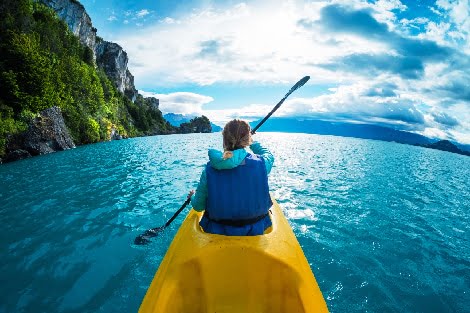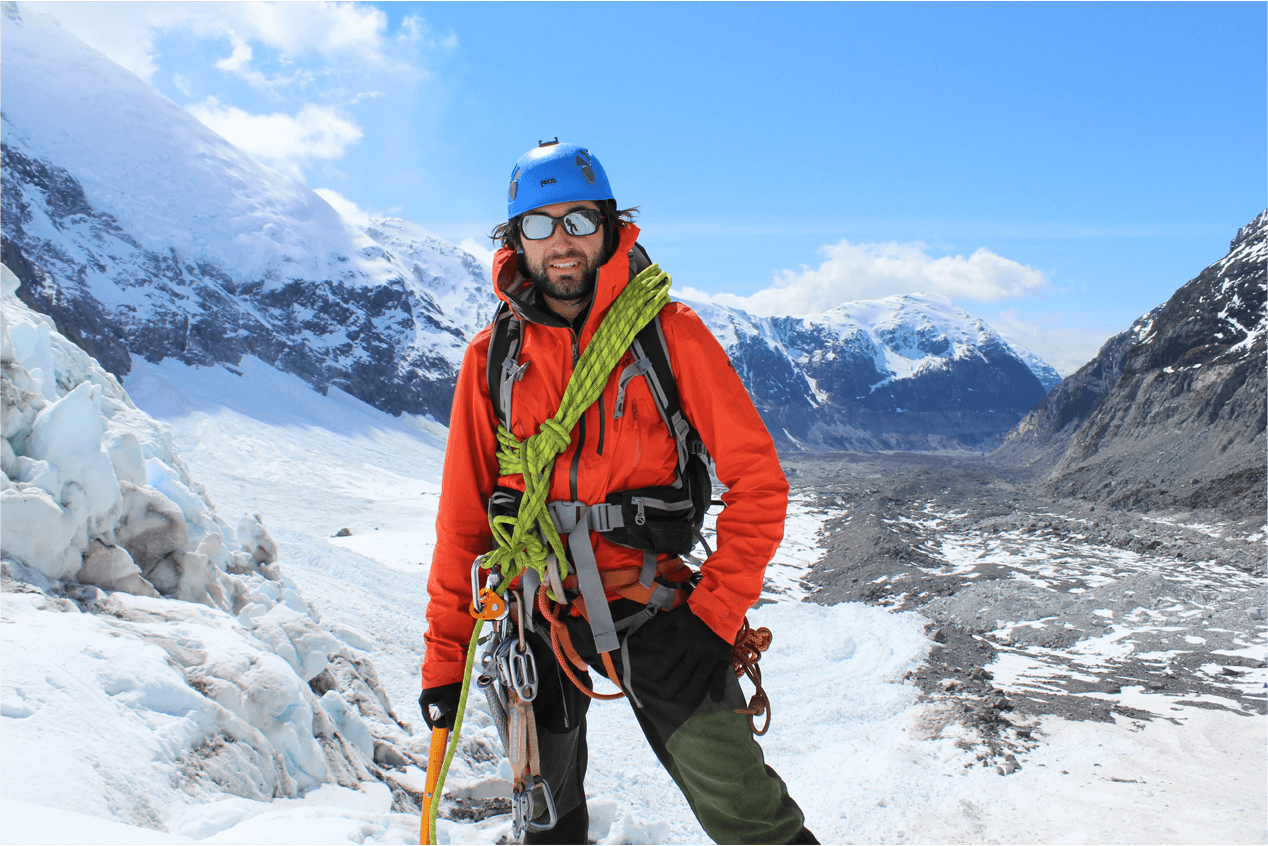Scientific tourism is an excellent resource for acquiring knowledge and exploring new places. As always, visiting new places has been a unique opportunity to discover unexplored areas, and get to know different cultures into wilderness enjoying climates and landscapes diversity; And now, it is also becoming a fundamental tool for scientific research.
What is scientific tourism?
There are many definitions of what scientific tourism is. However, in general terms, this modality promote eco responsible actions into the local activities by teachings and supporting development programs for sustainable projects and scientific research in the context of tourist trips, offering to visitors to be activist participating to those local projects during his journey also.
Although everyone may have different reactions, the most common symptoms of altitude sickness are:
According to the International Network of Scientific Tourism, this can be defined as:
“A bridge between the world of science and tourism, connecting together local people and their visitors, of all nationalities and cultures, motivated by the human knowledge development (…) It is based on the scientific method and the knowledge developing to contribute to the understanding and resolution of environmental and social challenges of attractive territories for tourism.”
To better understand what it is about, we want to share some of the forms of scientific tourism that have been developing in recent years.
- Exploration and adventure tourism with a scientific approach: this first case refers to all forms of tourism where scientific dimensions can be applied in exploration, adventure or sport practices. It refers to scientific research motivated by tourist travel.
- Cultural tourism with scientific content: in this second case, the cultural and heritage value that integrates social, territorial, natural environments and historical dimensions is taken into account. To achieve this, the scientific method of mediation, animation and interpretation is used.
- Scientific eco-volunteering: in this case, the ecological, sustainable and environmental dimension is integrated into tourism exploration and scientific research. It is classified as volunteering, since it seeks to generate services for the protection of species and natural habitats.
- Scientific field research tourism: better understood as a scientific expedition, it directly involves researchers who make the trip for work reasons. In the same way, knowledge is exchanged in meetings, congresses, seminars or colloquia regarding remote expeditions and tourist destinations.
With all these notions, scientific tourism can be understood from a much broader perspective. What allows knowing its applications and the way in which the tourist environment is changing.
It may interest you: List of equipment you must have for our “adventure experiences”
Why scientific tourism in Patagonia is so important?
Scientific tourism is essential for places like Patagonia, since its implementation and development allow to acquire new and better knowledge about the care that must be taken for the land, the species of flora and fauna, the locations that are best suited to adventure activities and the future preservation of emblematic places of the country.
The purpose of adventure tourism in Chile is no longer limited only to live incredible expeditions in South America, but it advocates for a collective and greater good. Thanks to scientific tourism, you can enjoy the same old activities, while collecting key samples for the benefit of each region. The available works and research shed light on concepts that were not taken into account before and that, help to support the tourist demand without affecting the environment.
How can I do scientific tourism in Patagonia?
The best way to explore which activities are part of the scientific tourism options is by contacting entities in Patagonia that offer expeditions in a sustainable way and with potential for scientific research. In Tolhuin Expedition we have different expeditions that allow us to explore, study and travel in a sustainable and conscious way the most special areas of Patagonia. We know how important it is to protect natural heritage and is why we are committed to tourism oriented towards caring for and respecting ecosystems.












